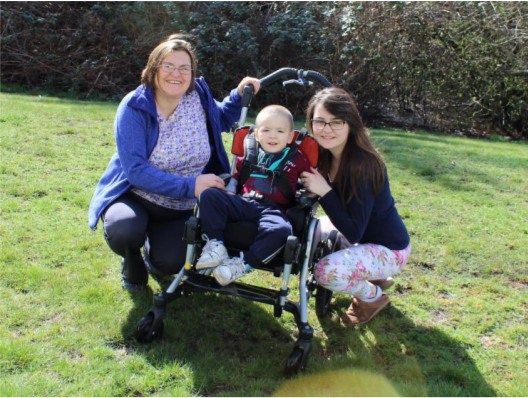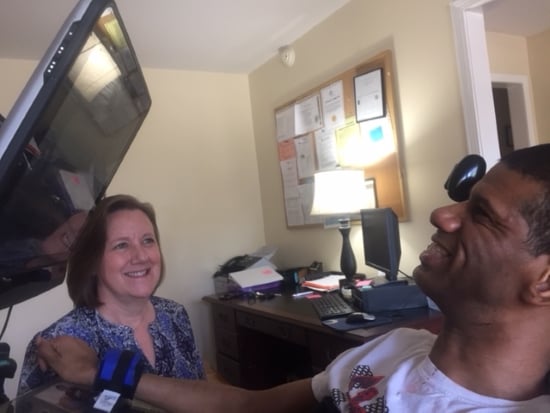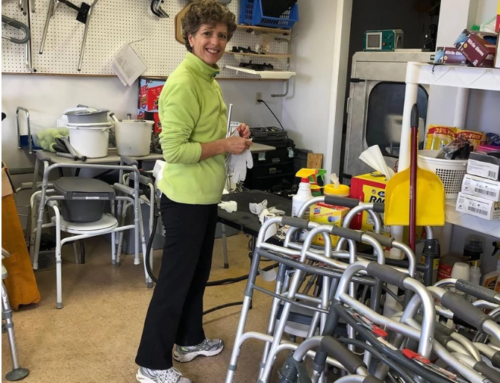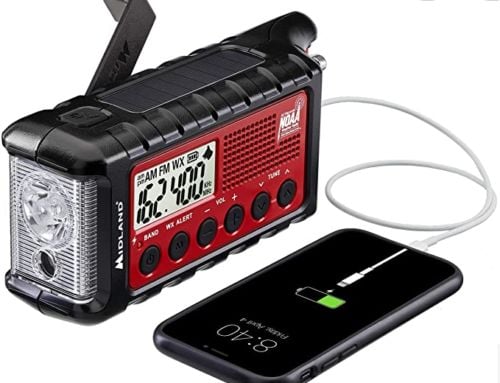Disasters Happen – Are You Ready?
Thank you West Virginia Assistive Technology System (WVATS) for these considerations for emergency planning. The hurricanes, floods, and fires endured in 2017 (and their aftermath) underscore the importance of having a plan that includes a person’s need for durable medical equipment and assistive technology.
![]()
Emergencies and disasters can strike quickly and without warning. This may force people to quickly leave or “shelter in place,” remaining in their home unexpectedly over several days. Disasters and emergencies are difficult for everyone; people who have disabilities and especially users of assistive technology devices may have additional challenges. It is important to know your needs and have a plan in place.
It is not always possible to take all of your equipment with you if you need to evacuate. There may not be room or access for large or heavy items such as power wheelchairs or lift systems during an emergency evacuation. Oxygen and dialysis systems are also at risk. Make a plan for larger equipment that is required for mobility or health. If possible, have backup equipment in a safe, secure location. If backup devices are not an option, consider lighter low-tech options such as a manual wheelchair.
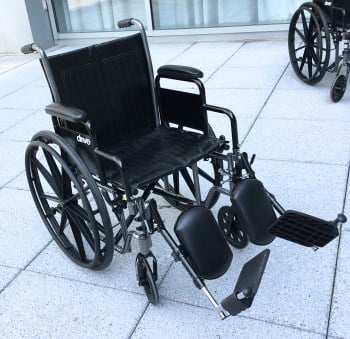
It is also important to keep in mind devices powered by electricity. Disasters often leave communities without power for long periods of time. Having a generator or battery backup (including solar chargers) is an important consideration. For communication systems, consider having a low-tech backup such as a laminated basic communication board, also this Communication Passport for Accidents and Emergencies. (Explore more resources for communicating during emergencies.)

- A basic ABC communication board
While planning for your equipment needs, it is also important to think about where you will go. If you plan to shelter with family or friends, consider your needs in that environment. Will you need a bath chair, grab bars, transfer bench or adapted eating utensils? Can you store an extra set of these items in their home?
If you are planning to use the local emergency shelter, contact the local emergency management office. Discuss your needs with them to make sure the shelter can accommodate you. Also, ask about assistance programs. Many communities ask people with a disability to register with the local fire or police department or emergency management office. This allows help to be provided quickly in an emergency. If you are electric-dependent, be sure to register with your local utility company.
For more information on developing an emergency plan, visit redcross.org or contact your local emergency management office.
Monthly Blog Digest
Search the blog
State AT Program Blogs
California
Florida
Indiana
Kentucky
Louisiana
Maryland
Massachusetts
Michigan
Montana
North Carolina
North Dakota
Utah
State AT Program Blogs
The AT3 Center, the Association of AT Act Programs (ATAP), and the Administration on Community Living (ACL) make no endorsement, representation, or warranty expressed or implied for any product, device, or information set forth in this blog. The AT3 Center, ATAP, and ACL have not examined, reviewed, or tested any product or device hereto referred.

